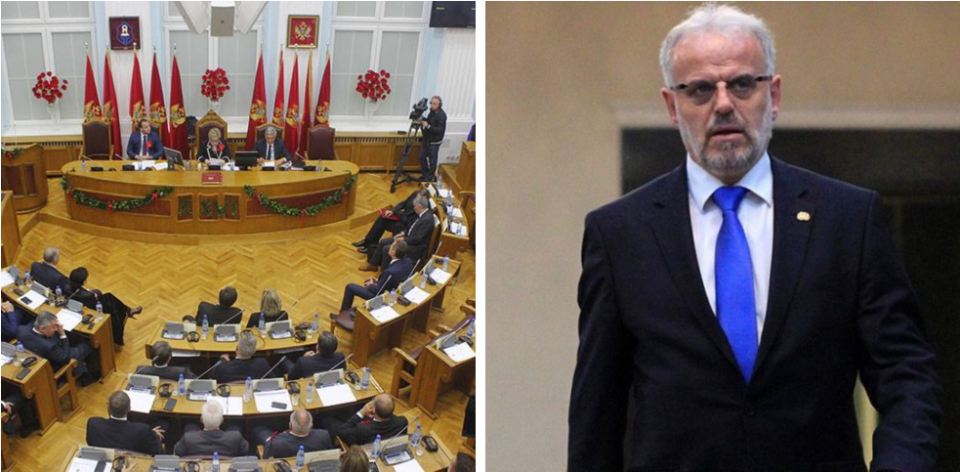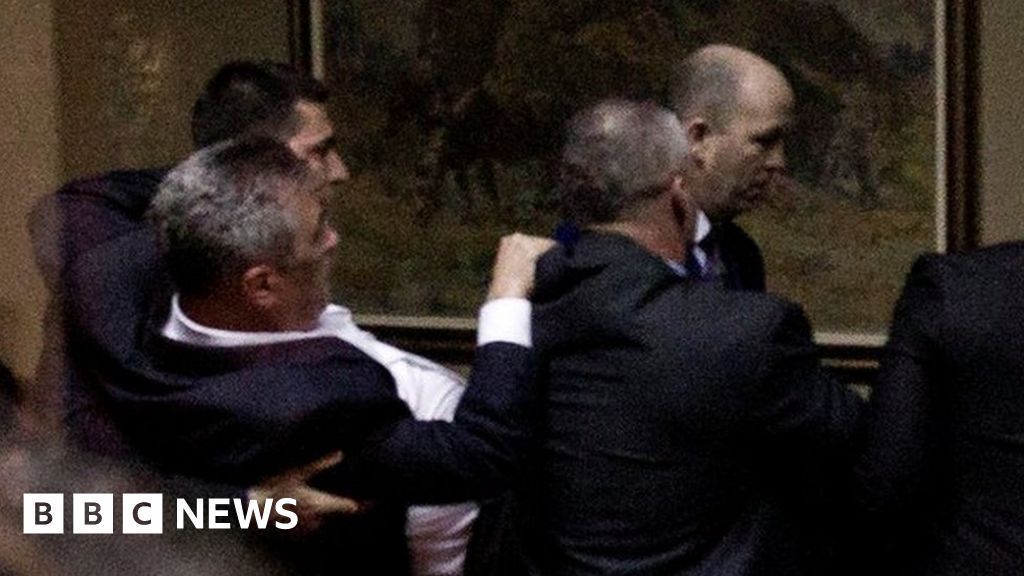Interesting to read China's involvement with Serbia. A lot of investing with debatable benefit to Serbia.
But they have an increasing presence in Serbia and I doubt the USA will be bombing their embassy "by mistake" anytime soon (again).
But they have an increasing presence in Serbia and I doubt the USA will be bombing their embassy "by mistake" anytime soon (again).









Comment